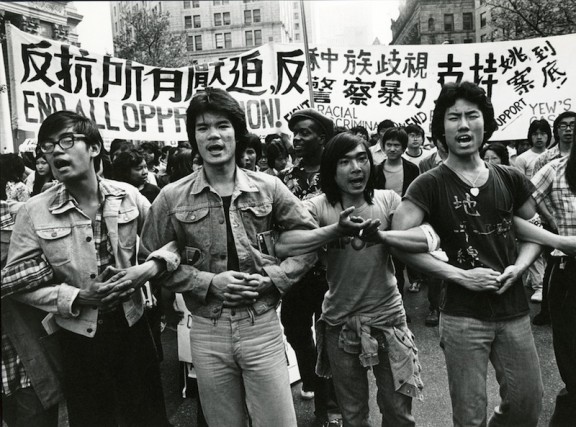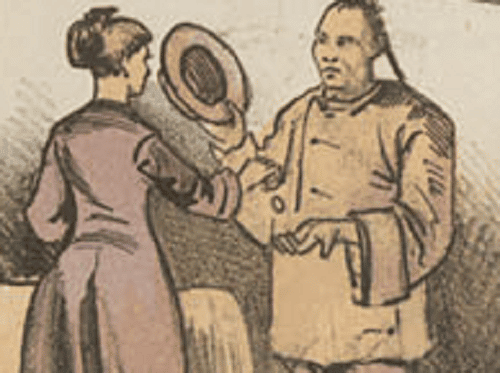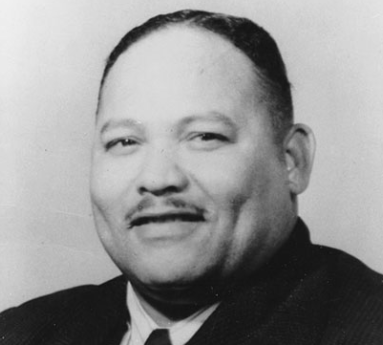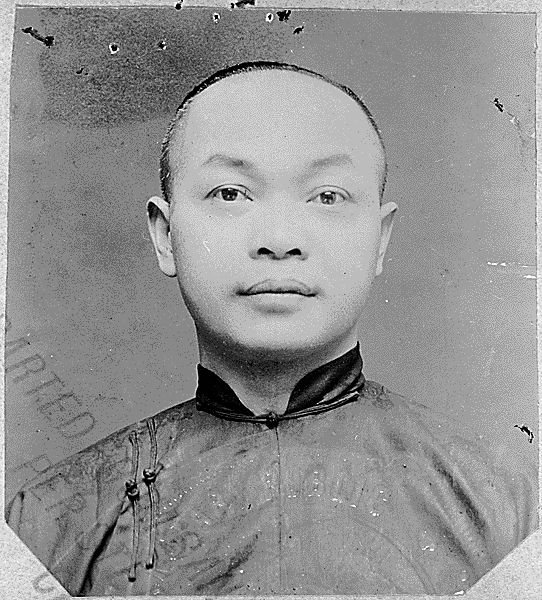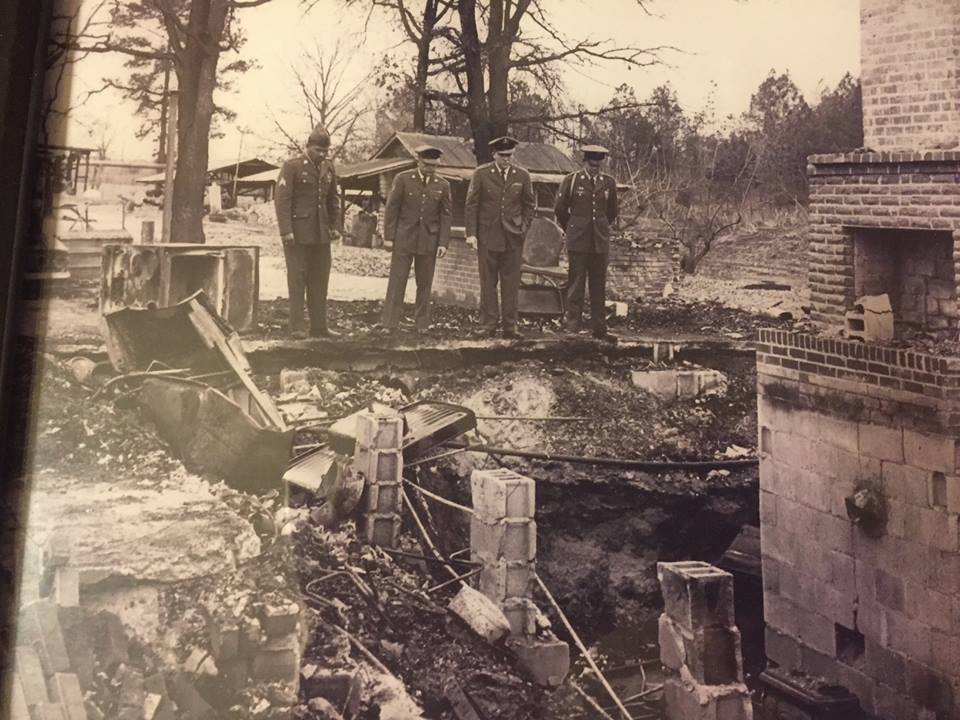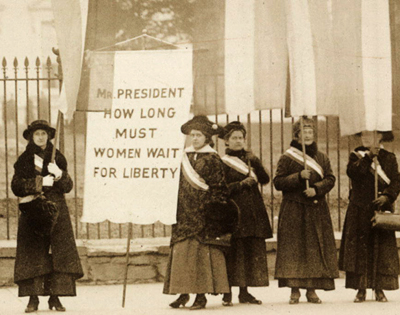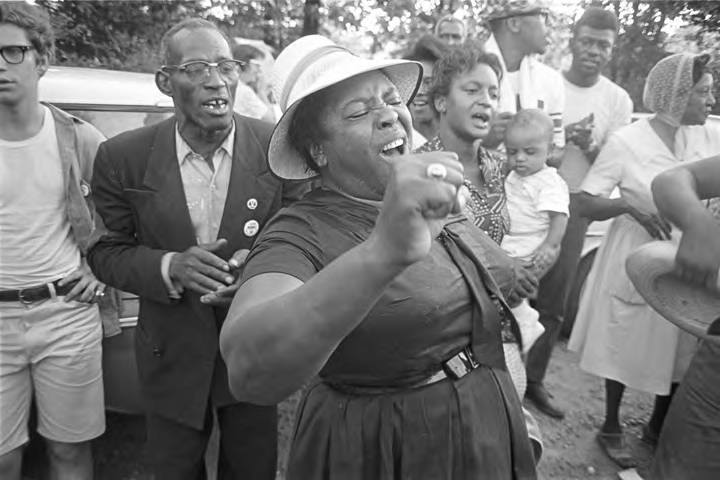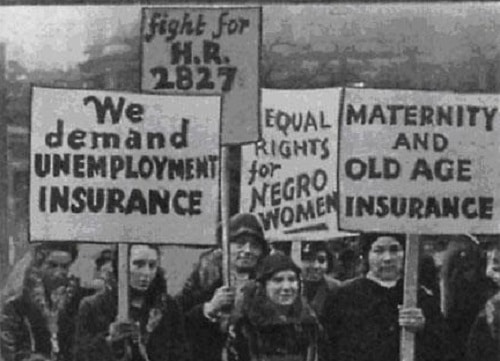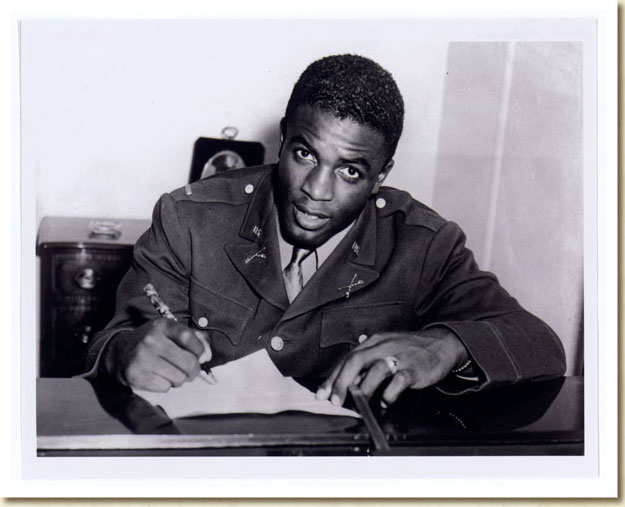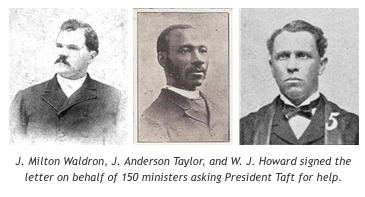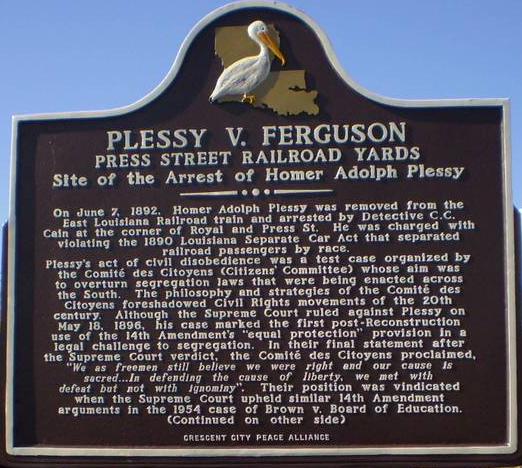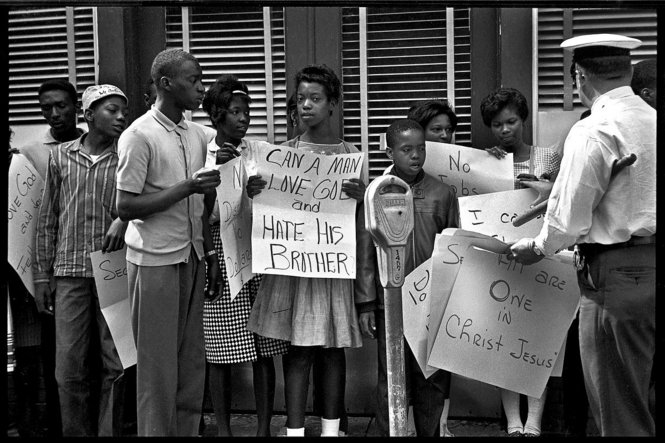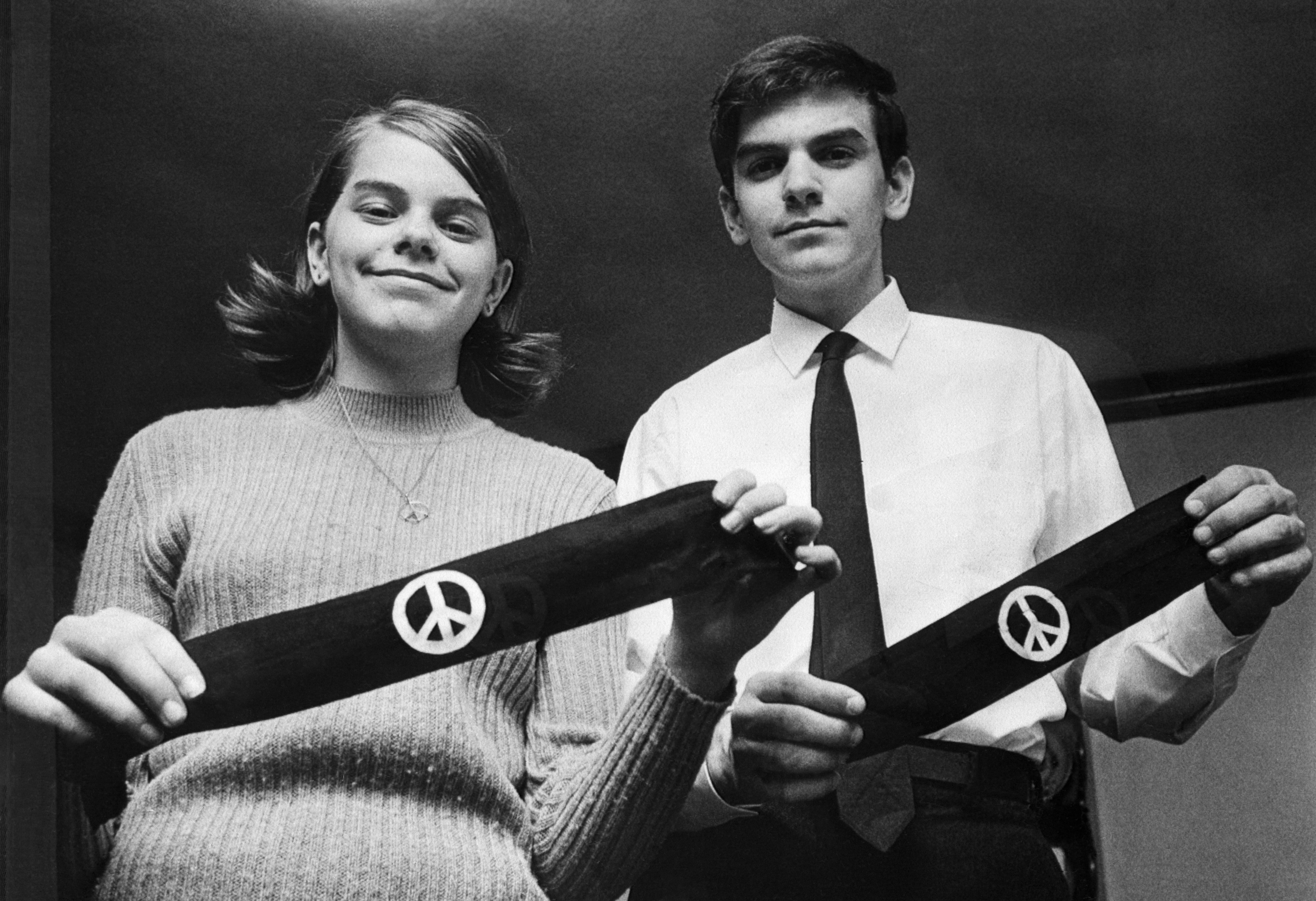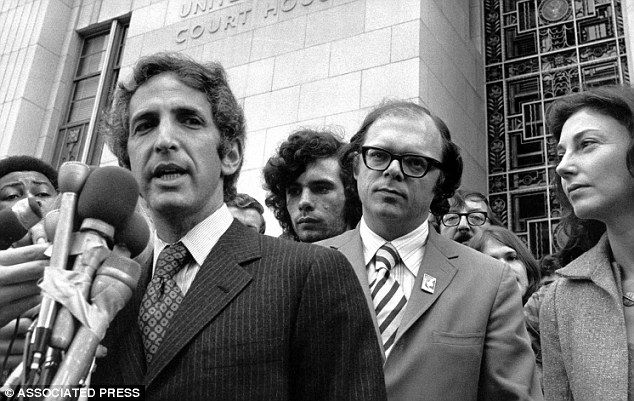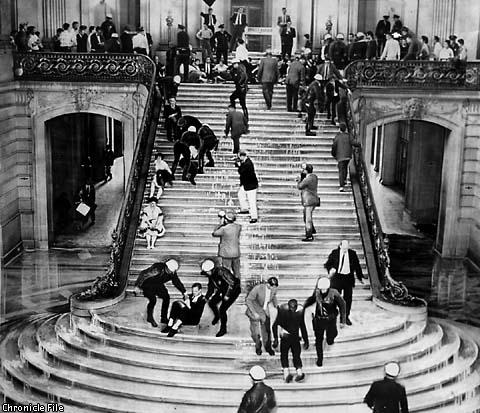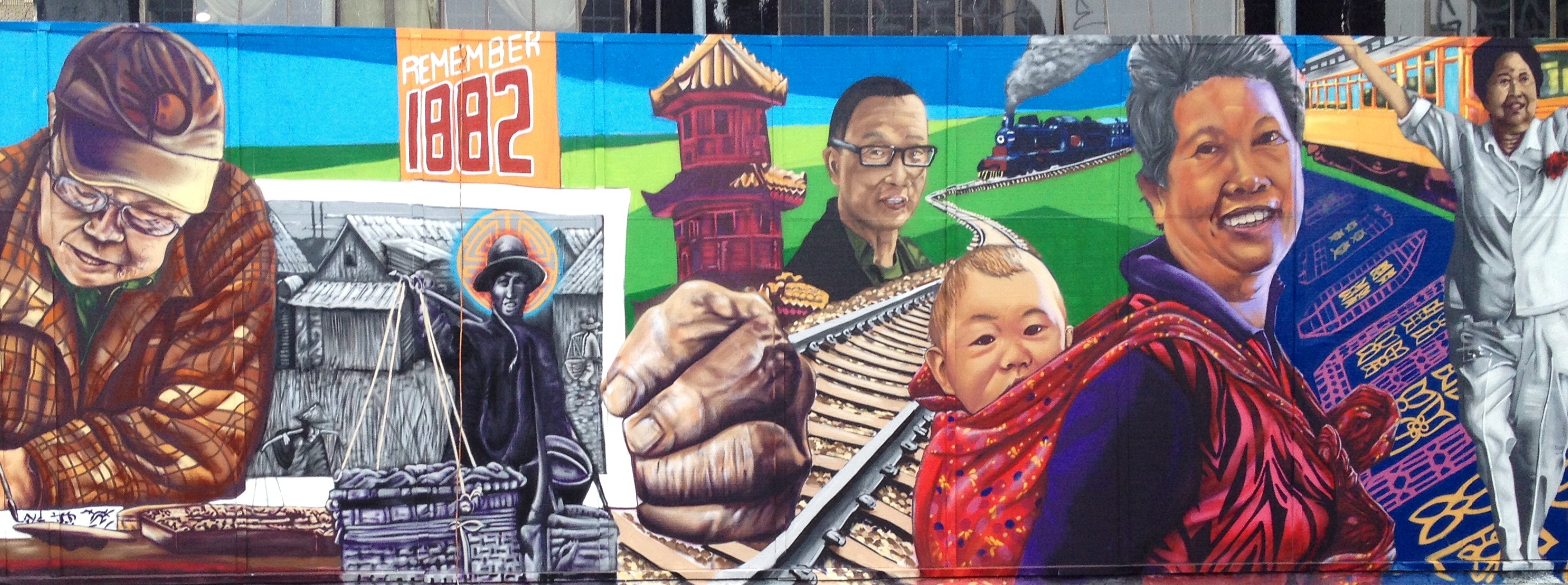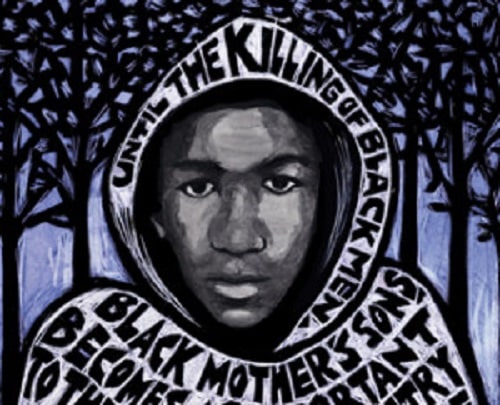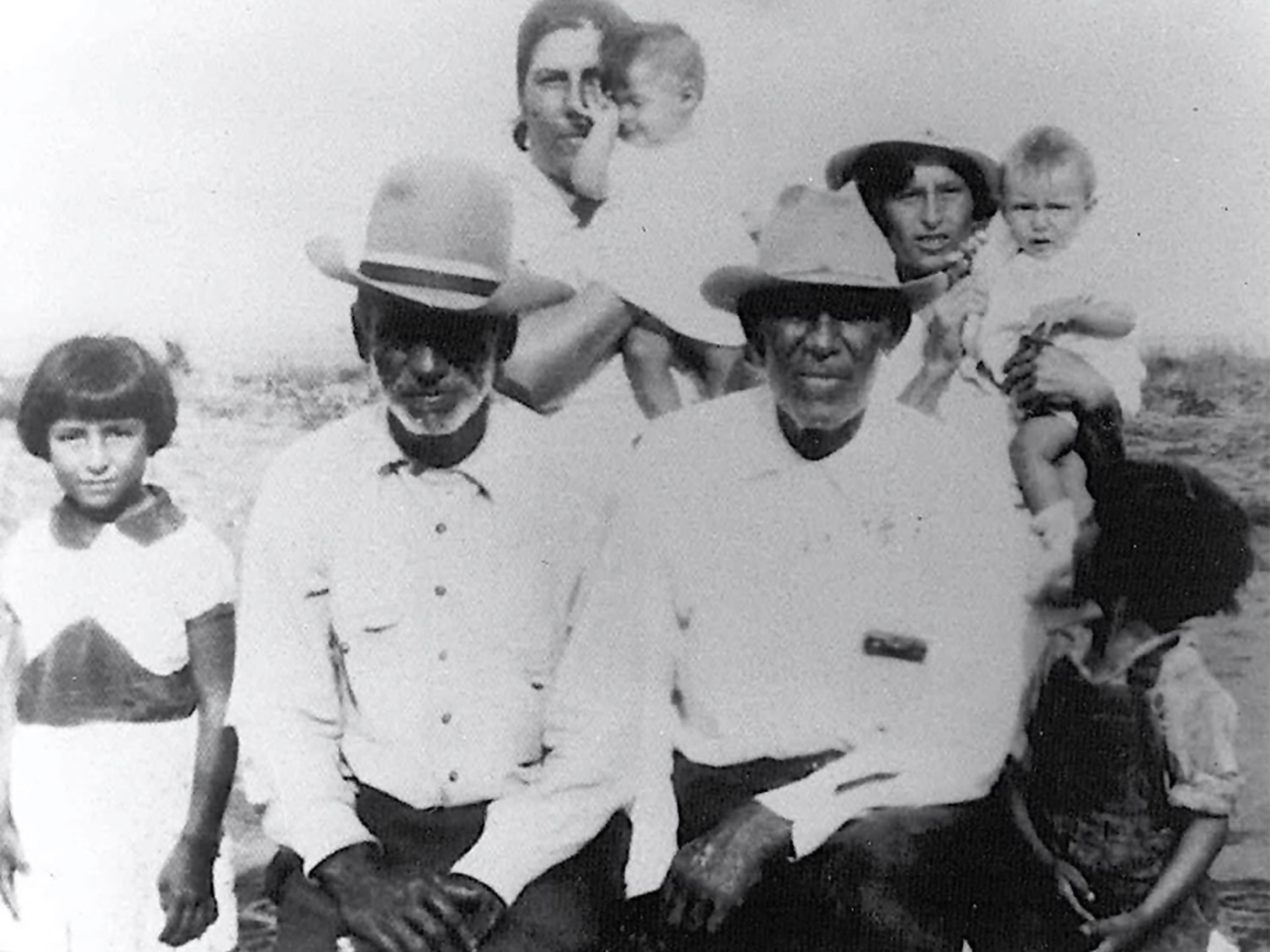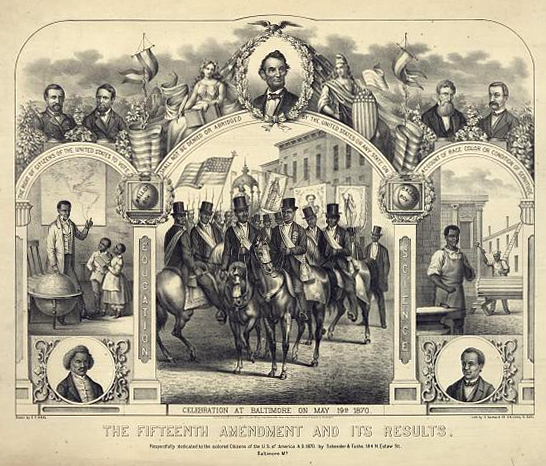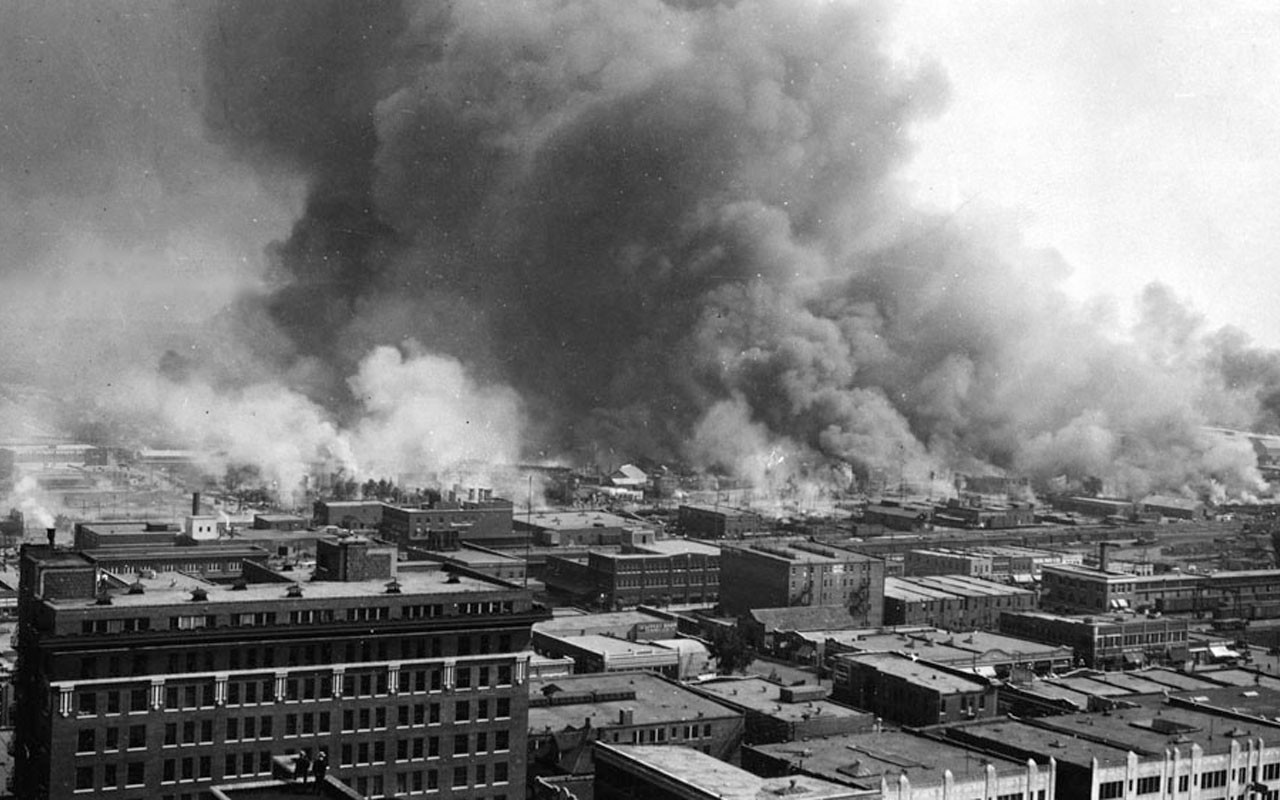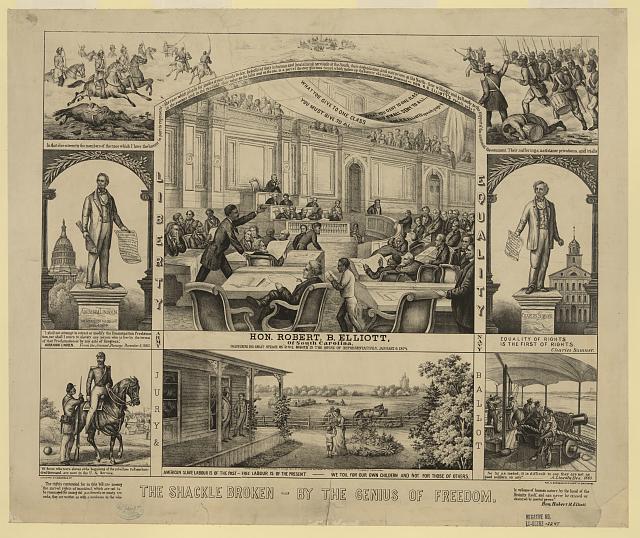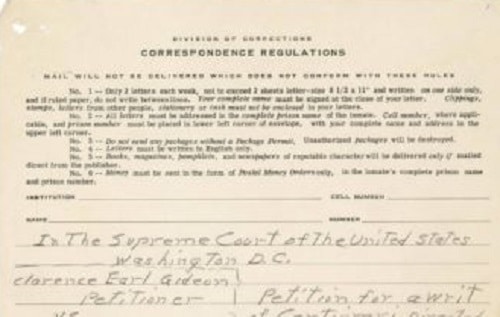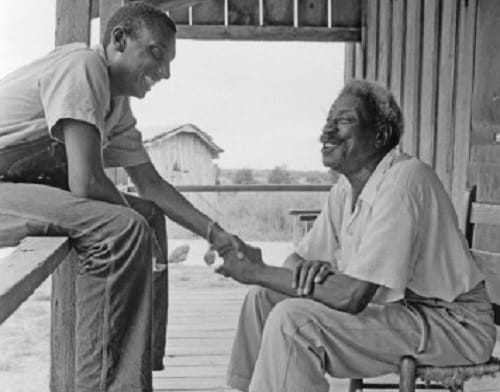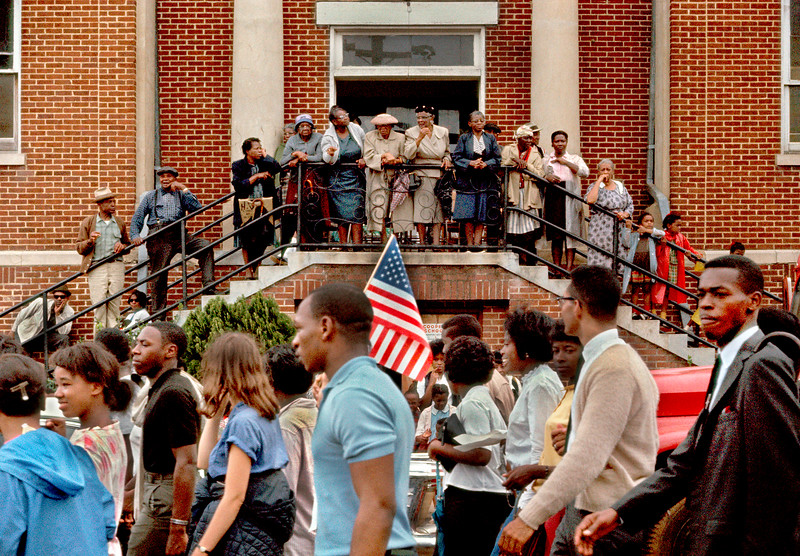Virtually every shop and factory in Chinatown was closed, with signs posted windows and on doors reading “Closed to Protest Police Brutality” to protest the beating of Peter Yew.
Continue reading
Lee Yick won a Supreme Court case that said that all people — citizens and non-citizens alike — had equal protection under the law.
Continue reading
Rev. George W. Lee, one of the first African Americans registered to vote in Humphreys County since Reconstruction and head of the Belzoni, Mississippi NAACP, was murdered.
Continue reading
The U.S. Supreme Court issued its landmark decision in United States v. Wong Kim Ark.
Continue reading
Vernon Dahmer was killed when the Ku Klux Klan fired bombed his home. This was one day after Dahmer offered to pay the election poll tax for anyone who could not afford it.
Continue reading
Twenty women were subjected to beatings and torture at Occoquan Workhouse, a prison in Virginia, in what became known as the “Night of Terror.”
Continue reading
Mrs. Fannie Lou Hamer, a civil rights activist, was born in Montgomery County, Mississippi.
Continue reading
Due to the results of the strength of organized labor and other mass movements of the 1930s, the Social Security Act was passed.
Continue reading
While stationed at Camp Hood in Texas, Lieutenant Jackie Robinson refused to give up his seat on the bus and was court-martialed.
Continue reading
A group of more than 150 ministers from Washington, D.C. wrote to President William Taft about the Slocum Massacre.
Continue reading
Plessy v. Ferguson upheld the constitutionality of racial segregation laws for public facilities.
Continue reading
In disciplined groups and singing freedom songs, students “ditch” class to march for justice and fill the jails.
Continue reading
The Supreme Court ruled 7-2 in Tinker v. Des Moines that students do not “shed their constitutional rights to freedom of speech or expression at the schoolhouse gate.”
Continue reading
Daniel Ellsberg and Anthony J. “Tony” Russo Jr. were indicted for releasing the Pentagon Papers, detailing the secret history of U.S. involvement in Vietnam.
Continue reading
Peaceful protesters formed a picket line at the House on Un-American Activities Committee hearings.
Continue reading
The 1882 Chinese Exclusion Act was signed, prohibiting Chinese immigration to the United States.
Continue reading
Trayvon Martin, a Black teenager, was murdered. The death of Martin and acquittal of the man who shot him sparked the national and global Movement for Black Lives.
Continue reading
Fifteen Mexican-Americans were killed by Texas Rangers during the Porvenir Massacre.
Continue reading
The 15th Amendment to the United States Constitution officially granted African American men the right to vote.
Continue reading
In one of countless white supremacist massacres in U.S. history, white supremacists destroyed a thriving Black community in Oklahoma, known today as the Tulsa Massacre.
Continue reading
Rep. Robert B. Elliott gave a speech to advocate for the Civil Rights Act, which passed a year later.
Continue reading
The ruling of Gideon v. Wainwright required states to provide counsel in criminal cases to represent defendants who are unable to afford to pay their own attorneys.
Continue reading
The Selma to Montgomery marchers traveled into Lowndes County, working with local leaders to organize residents into a new political organization: the Lowndes County Freedom Organization (LCFO).
Continue reading
Nine young African Americans were falsely charged with rape and collectively served more than 100 years in prison.
Continue reading
The Selma marches were three protest marches about voting rights, held in 1965.
Continue reading

